Hey friends! As excited as we may be to dive into our start-up journeys, it’s no secret that launching a company comes with its fair share of challenges. We have so many hats to wear and critical issues to navigate in those early days.
One of the biggest pain points I’ve heard from founders is needing HR help setting up essential policies, processes, and compliance…but not having the budget yet for a full-time HR professional.
I have clients that who I’ve helped through those early bootstrap startup days! Founders and co-founders and desperately needing HR support and started hiring their first employees. Founders who were funding the company themselves and barely had money for our own salaries, let alone a whole new role.
The lack of HR guidance was really stressful and made us anxious about compliance risks, how to structure pay and benefits, create employee handbooks, or even just post required labour notices properly. We were genuinely scared of messing something up as we navigated the complex laws around employees without expertise.
After a few sessions they learned some creative ways to get affordable HR help even with limited funding.
In this post, I want to share the budget-friendly tips and tricks for cash-strapped founder needing HR advice. Consider it your starter guide to building HR infrastructure in those critical early days, even without a big budget.
Tap Free Government Resources
One of the most useful and free resources we discovered were government agency websites. These sites offer a wealth of education around HR compliance issues like wage and hour laws, required benefits and notices, discrimination, family medical leave, disability accommodations, and more.
While not as tailored as one-on-one advising, just understanding the basics of federal and state HR requirements applicable to our small business was a huge help. Whenever we weren’t sure if we were meeting a requirement, we would research it through these sites.
Search Online for Free Guides
The internet is full of free HR articles, guides, templates, policies, and tools that can help early-stage startups manage basic HR tasks without an advisor.
I scoured reputable publishers like CIPD, universities, and legal firms for relevant content. There are tons of great HR primers and checklists that walk through establishing essential policies and practices in an easy-to-understand way.
Online HR communities like Reddit and Quora also enable founders to crowdsource answers to specific questions from experienced professionals. We posted questions on issues we faced and got very helpful guidance back.
Attend Free Events
Look on Eventbrite or Meetup for local startup mixers, university events, chamber of commerce talks, and professional group meetings focused on HR topics relevant to early-stage companies.
The CIPD hosts free seminars on HR issues for small businesses that we regularly attended to learn. The knowledge gained at these types of free events can be incredibly valuable.
Leverage Your Own Network
Reaching out to peers in your network who have been in your shoes can provide great informal HR mentoring.
We had lawyer friends willing to give quick guidance on contracts and disclaimer language. Other founders let us borrow their employee handbooks as examples. Our former HR colleagues answered occasional questions.
Don’t be afraid to leverage your community’s experience!
Explore Local Small Business Resources, use LinkedIn and other networks.
Many cities have Small Business Development Centres, university entrepreneurship centres, CIPD websites, ACAS and non-profits that provide free or low-cost HR advice and training for start-ups.
These local resources would do short phone consultations or group trainings for free or a nominal fee. We were able to get quick guidance on pressing issues like Family Medical Leave, statutory pay, pension and health and safety
Do Your Own Basic HR Compliance
While complex HR issues still warrant bringing in a professional advisor, make it a priority to learn to handle basic compliance tasks yourself in those early days.
For example, we researched requirements and ensured we met obligations like required workplace postings, collecting new starter forms, setting up voluntary self-identification forms properly, and implementing basic anti-discrimination and equal opportunity policies.
Getting up to speed on core HR compliance can be done through nonprofit resources and saves startup money.
The key is knowing when an issue is beyond your skill level and requires true expertise – but DIYing what you can frees up limited funds.
Negotiate Creative Professional Fees
If you need to bring in attorneys or HR consultants for specialized help beyond your experience, don’t be shy about asking for creative fee arrangements in exchange for a bit of equity or future discount business.
Many independent professionals and smaller firms are open to collaborating with scrappy startups – they just need to align incentives. We found great attorneys who gave us discounted rates and let us pay over instalments in return for a bit of equity.
There are also free/low-cost legal clinics in some cities focused on startups. And don’t forget asking seasoned professionals to do informal pro bono mentoring of fledgling founders!
Find Affordable Freelance or Independent HR Pros
Specialised HR consultants and freelancers tend to offer more affordable rates than large firms. Sites like Flex Jobs and Remote.co are great for finding virtual HR pros open to project work or part-time support.
An independent HR advisor helped us review our hiring practices and draft simple but compliant offer letters for about a quarter of what an HR firm would charge.
Automate Recruiting and Onboarding
Using automated recruiting platforms like ZipRecruiter to source and screen candidates can streamline hiring with minimal time investment.
We also automated repetitive onboarding tasks like paperwork, verifying P45’s, collecting company laptop info and more through an HRIS system that integrated with our payroll provider.
Automating routine hiring and onboarding can save tons of time, money, and manual hassle starting out. Just make sure to understand compliance requirements first.
Maximize Free Management Tools
Before paying for expensive project management software, maximize free tools already at your disposal. Google Drive, Docs, Sheets, Calendar, and Gmail enabled us to coordinate hiring workflows, division of HR responsibilities between me and my co-founder, and recordkeeping.
Platforms like Trello, Asana, and Slack also offer free versions with great HR use cases for early-stage teams. Video chat built into tools like Google makes remote interviews easy too. Don’t underestimate what’s already available at no cost.
Barter Services
If you have a skill like design, software development, marketing, or consulting, consider bartering services with another entrepreneur who can provide HR expertise in return.
Join Groups and Communities
Coworking spaces, startup accelerators, mastermind groups, and professional associations provide community access to HR advice from fellow founders and guest speakers for low membership fees.
The diversity of experience in these collaborative environments provided us great informal HR mentoring beyond what we could’ve afforded to hire individually. Plus finding partners to barter services with!
Consider Paid Interns
HR interns from nearby colleges and universities can handle basic administrative tasks like putting together employee handbooks based on templates you provide, screening applicants, scheduling interviews, sitting in on hiring meetings to take notes, and helping file paperwork.
In addition to benefiting from their labour, you’re providing real workplace learning opportunities that look great on a resume. It’s a win-win.
Be Selective
Since comprehensive, personalized HR guidance may be tough for bootstrapped startups to afford, focus any hired advisors only on the highest-risk gaps and pain points.
For us, that meant getting expert support on safety issues, discrimination policies, wage and hour compliance, PTO policies, and hiring best practices – but holding off on executive compensation analysis and talent development programs.
Prioritize the legal and ethical basics before more advanced HR – you can’t run before you walk. Bring in targeted help only where you most need it.
Delay Hiring In-House HR
Consider waiting to hire a full-time HR professional until you raise your Series A or B. In the early days, you can go far on DIY education, automation, outsourcing piecemeal needs, and tapping your network’s knowledge.
Once we could afford a salary, we hired an incredible HR advisor who I wish we had from the start! But by bootstrapping it initially, we were able to put that money toward developing our product.
Outsource Specialised Needs
Rather than comprehensive HR services, initially focus on outsourcing only your most urgent specialised gaps. For us that was recruiting and compliance.
Specialised HR consultants can deliver great value without the price tag of a full-service firm. As you grow and have more complex needs, you can expand accordingly.
The bottom-line friends, is that with creativity and hustle you absolutely can access affordable HR help in those critical early startup days. Tap into your community, leverage free tools, and focus advisors only on the most urgent gaps first. You don’t have to do this alone – there are many options to build your HR foundation without breaking the budget!
I hope these tips help you feel empowered to get the HR guidance you need even while bootstrapping. Building your start-up on a strong people foundation doesn’t have to be cost prohibitive. Wishing you the best on your exciting journey – you’ve got this! Let’s grab coffee soon to trade war stories and learnings.

